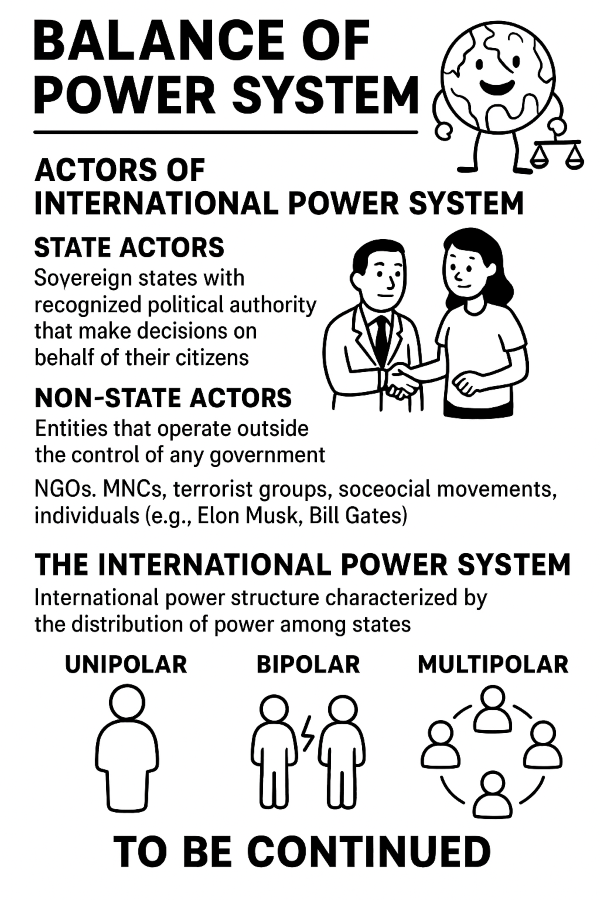Here are some interesting and lesser-known facts about chocolate – By Jayadeva De Silva
Source : Jayadeva De Silva Linkedin
1. Chocolate as Currency
• The Aztecs used cacao beans as currency. For example, 10 beans could buy you a rabbit, and 100 beans were enough for a turkey.
2. White Chocolate Isn’t Chocolate
• Technically, white chocolate isn’t chocolate because it doesn’t contain cocoa solids. It’s made from cocoa butter, sugar, and milk.
3. Chocolate Contains Theobromine
• Theobromine, a compound found in chocolate, can be toxic to dogs and cats because their bodies can’t metabolize it as humans do.
4. The World’s Largest Chocolate Bar
• The Guinness World Record for the largest chocolate bar weighs over 12,000 pounds. It was created in 2011 in the UK by Thorntons.
5. Chocolate Can Improve Brain Health
• Dark chocolate is rich in flavonoids, which are antioxidants that improve blood flow to the brain and may enhance memory and cognitive function.
6. Cacao Trees Are Endangered
• Cacao trees are susceptible to diseases, pests, and climate change, threatening the future of chocolate production.
7. Chocolate Was Originally a Bitter Drink
• The earliest form of chocolate was consumed as a frothy, bitter beverage by the Mayans and Aztecs, often spiced with chili peppers.
8. Chocolate Melts at Body Temperature
• The reason chocolate melts so perfectly in your mouth is that its melting point is just below human body temperature, around 34°C (93°F).
9. Switzerland Leads in Chocolate Consumption
• The Swiss consume more chocolate per capita than any other country, averaging about 10 kilograms (22 pounds) per person annually.
10. Chocolate Was Once Medicine
• In the 16th century, European doctors prescribed chocolate to treat various ailments, including indigestion and fatigue.
11. Chocolate Can Be a Mood Booster
• Chocolate stimulates the release of endorphins and contains phenylethylamine (PEA), which can mimic the feeling of being in love.
12. The First Chocolate Bar
• The first solid chocolate bar was created in 1847 by Joseph Fry in England, marking the beginning of the modern chocolate industry.

























